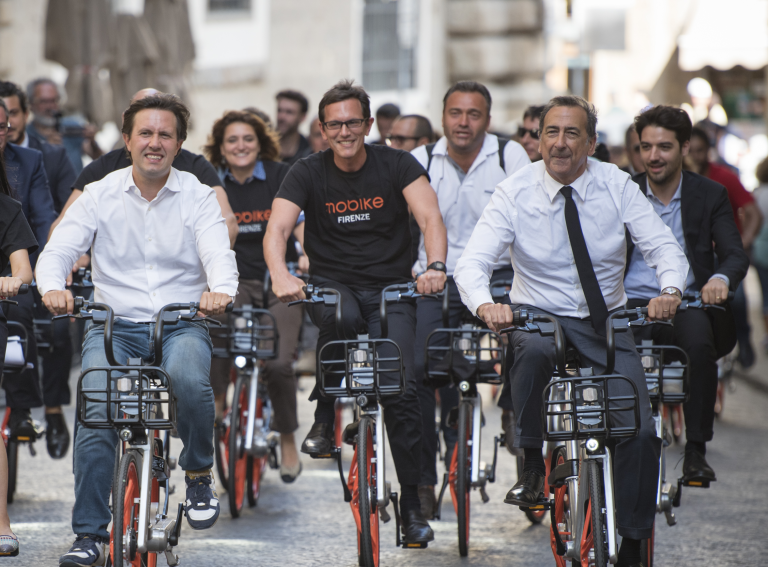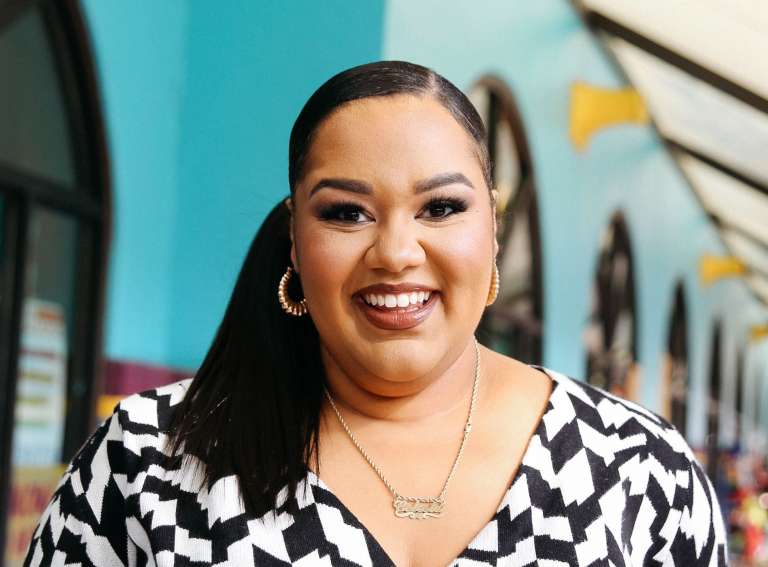Some of Europe’s most renowned bike retailers and manufacturers have come to Laka for insurance. Amongst those are the world’s largest sports retailer Decathlon and the Netherlands’ largest bike manufacturer Gazelle, as well as Riese & Müller, Tenways, Urban Arrow and Brompton.
Challenging the insurance model as we know it, Laka’s customers pay no upfront premiums. Instead, they are charged based on the previous month’s cost of claims for full transparency – up until an individual cap.
The company’s business model is clearly catching on, having racked up more than €200 million in insured value and fundraised €27 million to date.
And since shifting from its pure direct-to-consumer (D2C) business model to retail and commercial partnerships, Laka’s net revenue has grown 145% year-on-year in Europe, and had a partner net revenue growth of 126%.
Partner-led growth
Based in the UK and the Netherlands, Laka is a collective bicycle insurance company which insures cyclists directly and through partners.
If there’s one key takeaway about how the company is redefining insurance, it’s that “customers pay for what’s needed, not from what’s expected”.
Laka’s business model is vouched for by a long list of investors. The InsurTech company bagged €7.6 million last year in a funding round led by French mobility fund Shift4Good, and boasts stakes from Autotech Ventures, Porsche Ventures, Ponooc and Creandum.
Having already reached €200 million in insured value, Laka’s next target is to surpass €1 billion.
“We’re aiming to become Europe’s leading micromobility service partner,” Laka CEO and Co-Founder Tobias Taupitz tells Zag Daily.
There’s a clear appetite for customer-centric insurance amongst bike brands and retailers, and Laka is already serving customers in nine countries across Europe including the Netherlands, France, Belgium and Germany.
In collaboration with its partners, Laka integrates into its partner’s customer’s journeys. For example, Gazelle wanted to include 12 months of theft insurance in the purchase price of its connected e-bike range. With stolen bike recovery services included in the offering, Laka rolled out its solution for customers to access via the Gazelle app across five countries.
French sports retailer Decathlon sought to add value to its connected e-bike proposition when it came across Laka. A partnership was launched in France, Belgium and the Netherlands and was recently expanded to include solutions for all bikes in the UK and the Netherlands, which Decathlon users can activate both online and in-store.
A team of in-house engineers means Laka’s insurance can be offered by its retail partners in multiple formats, whether that’s embedded into the purchase price of a bike (such as with Gazelle and Urban Arrow) or offered as an add-on after purchase.
“We’re a brand more than an insurance business,” Tobias says. “Our partners use Laka’s insurance to offer their customers a peace of mind. They’re able to tell their customers that they don’t need to worry about their €6000 e-bike being stolen because it automatically comes with 12 months of free insurance. It’s an easy proposition for the customer.”
Laka has also added two acquisitions to its portfolio. Having acquired French e-bike insurance broker Cylantro last year, Laka accelerated its expansion across France. More recently, the insurance company acquired the renewal rights to CoverCloud’s bike portfolio to cement its position in the UK.
A post-claim partner
Unlike traditional insurance, Laka earns its success fee only when claims have been settled, aligning with customers’ best interests.
Not only does the company settle “thousands of claims per year,” but Laka’s customer-centric business model means it’s also involved throughout the post-claim process, which is less heard of in the insurance space.
For example, if a bike needs repair, Laka’s partner network will advise the customer on which repair shop they can visit. If a bike is stolen and can’t be recovered, Laka helps its customers to source a new bike.
“Making a claim is a stressful moment for the customer, and we take the hassle out of the equation.”
Laka’s hands-on claims approach means it’s well positioned to meet ESG key performance indicators agreed with its investors. The company has committed to a quota for salvaging damaged bikes and recovering stolen bikes with a mantra of use, reuse and recycle.
For bikes that are damaged beyond repair, the firm recycles the bike with the help of its partners, who sell any parts that can be sold second-hand. The money made is then put back into the risk pool to benefit customers by reducing their premiums, minus a small service fee that goes to Laka.
“Laka shouldn’t be seen as an insurance business, but a service business,” Tobias says. “Anything that helps customers with the pre or post-claim experience excites us.
“We want to be a one-stop shop to take care of all of our customers’ needs surrounding their bikes.”
Grounded in its business model
“Today, insurance is about taking your money up front. You have no idea where it goes, and when it comes to making a claim, you’re begging and crawling to settle it. That’s if you even make it past the exclusions in the first place.”
That’s a pretty bleak picture of insurance painted by Tobias who laments the insurance landscape to be full of loopholes, intransparent pricing and restrictive claims processes.
Key to Laka’s ethos is transparency, and this is what drives demand for the company’s insurance model amongst bike brands seeking to give their customers a smooth on-boarding, claim and post-claim experience.
What enables this transparency is Laka’s concept of the collective. Every Laka customer is united as one, and the cost of each customer’s premium at the end of the month is based on the collective number of claims filed in the past month. Fewer total claims mean lower charges for all.
In tying premiums together, Laka fosters a customer-centric model which motivates all its customers to work together to collectively reduce costs. In Tobias’ words: “When you play fair, everybody benefits.”
A six-time winner of ‘Best Cycle Insurance Provider’ award, there’s clearly demand for redefining insurance as Laka does. Or, as Tobias says: “We flip insurance on its head.”





